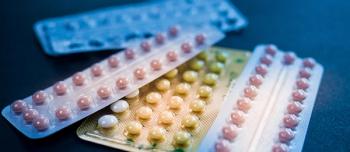
Approximately 5% of women with kidney failure use contraceptives, which could lead to unintentional pregnancies in this high-risk group.

Approximately 5% of women with kidney failure use contraceptives, which could lead to unintentional pregnancies in this high-risk group.

Further, the study showed cabotegravir was 89% more effective than daily oral FTC/TDF for pre-exposure prophylaxis (PrEP).
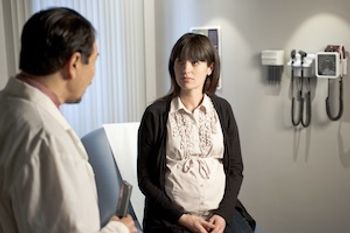
Further, the study showed cabotegravir was 89% more effective than daily oral FTC/TDF for pre-exposure prophylaxis (PrEP).

According to lead study author Melissa Melough, as many as 80% of Black pregnant women in the United States may be deficient in vitamin D.

The processes involving the high prevalence of diagnosis and over prescription undoubtedly play a role, but it is possible that the infra-diagnosis and lower prescription rates in men could be a factor, according to the study authors.

The study used an animal model that was conducted according to the National Advisory Committee for Laboratory Animal Research (NACLAR) guidelines.

Women Help Improve Economic Growth, Financial Performance, Innovation, and Value at Pharmacy Organizations

During the COVID-19 pandemic, pharmacists have been forced to face challenges to their practice that have required not only adaptation and flexibility, but also moments of empathy and vulnerability.

On Women Pharmacist Day on October 12, a panel discussion webcast consisting of leading women in pharmacy discussed the importance of recognizing the impact of women on the pharmacy landscape and the history of women in the field.

This week on Pharmacy Times, there are a number of important topics that will be covered and posted throughout the week.

Top news of the week from Pharmacy Times.

Women found to have worse outcomes after a first heart attack than men.

On Women Pharmacists Day, 5 industry leaders discuss work-life balance, job advancement, and mentorship.
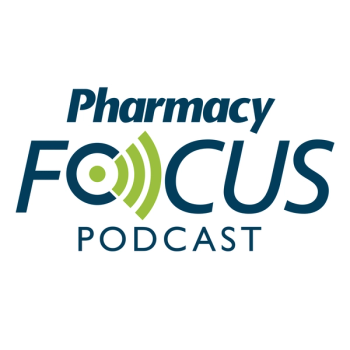
The Pharmacy Times® Pharmacy Focus podcast provides the latest industry news and information, thought-leader insights, clinical updates, patient counseling tools, and innovative solutions for the everyday practice and business of pharmacy.

Pharmacy Times spoke with Lisa King, founder of the Fulfilled Pharmacist, about the importance of women in the pharmacy field and Women Pharmacist Day.

In recognition of Women Pharmacist Day, a panel of experts discuss the history and significance of women in pharmacy, including demographics, changes in policy and culture, tips for pharmacist moms and different career paths.
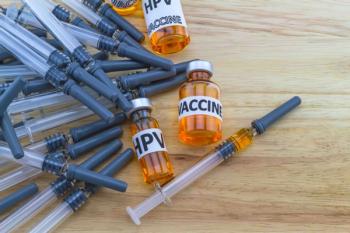
Study shows that human papillomavirus vaccine mandates do not increase coverage or vaccination rates among vulnerable communities.

In an upcoming webcast to celebrate #WomenPharmacistDay, female leaders in pharmacy will discuss the importance of recognizing the impact of women on the pharmacy landscape.
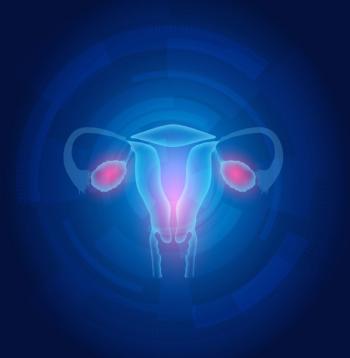
Women who had longer reproductive periods during their lifetimes were found to have a greater risk of dementia in older age compared with those who had shorter reproductive periods.

Women with 2 or more moderate to severe menopause symptoms are at a heightened risk of cardiovascular disease and stroke.

The study suggests that babies born to mothers infected with the virus generally do well 6 to 8 weeks after birth.

Lower birth weight babies may not be able to metabolize medication as efficiently as normal weight babies.

Lactic acid, citric acid, and potassium bitartrate is a prescription combination, non-hormonal contraceptive gel found to be 86.3% effective with typical use.
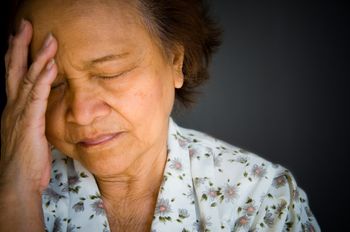
Post-menopausal women are at a heightened risk of Alzheimer disease.

Despite contrary studies, new evidence indicates premenopausal women fair better after a heart attack than men.